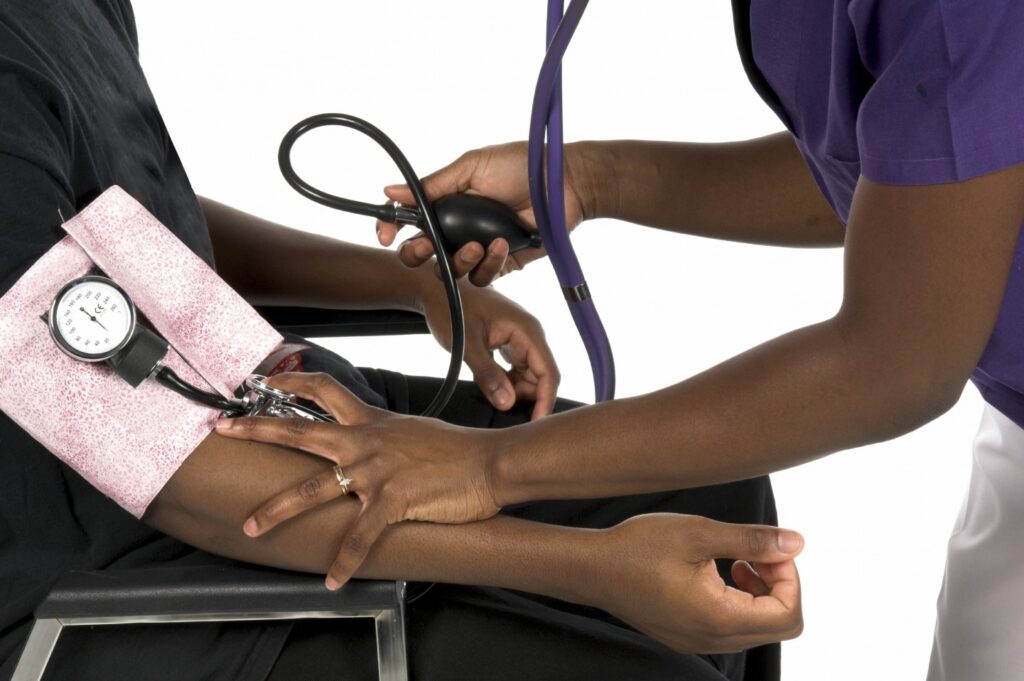Cholesterol often takes center stage in discussions about heart health, but do you truly understand its role and impact on your cardiovascular system? In this blog post, we’ll delve into the intricate relationship between cholesterol and your heart’s well-being.
What is Cholesterol?
Cholesterol is a waxy, fat-like substance found in your body’s cells. It plays a crucial role in building healthy cell membranes, producing hormones, and aiding in digestion. Cholesterol is carried through your bloodstream in lipoproteins, which can be categorized into two main types: low-density lipoprotein (LDL) and high-density lipoprotein (HDL).
The Good vs. The Bad: LDL and HDL
LDL (Low-Density Lipoprotein): Often referred to as “bad” cholesterol, LDL cholesterol can build up on the walls of your arteries, forming plaques that restrict blood flow. This narrowing of arteries, known as atherosclerosis, is a major contributor to heart disease and stroke.
HDL (High-Density Lipoprotein): Known as “good” cholesterol, HDL cholesterol helps remove excess cholesterol from your arteries and transports it to the liver for disposal. High levels of HDL are associated with a lower risk of heart disease.
The Cholesterol-Heart Connection
Excess LDL cholesterol in your bloodstream can lead to the accumulation of plaque on artery walls, causing them to become narrow and less flexible. This reduces blood flow to the heart, potentially leading to chest pain (angina) or a complete blockage, resulting in a heart attack.

Understanding Your Cholesterol Levels
Monitoring your cholesterol levels is crucial for assessing your heart health. A lipid profile blood test measures your total cholesterol, LDL cholesterol, HDL cholesterol, and triglycerides (another type of fat in your blood). The American Heart Association recommends the following cholesterol levels:
- Total cholesterol: Less than 200 mg/dL
- LDL cholesterol: Less than 100 mg/dL (less than 70 mg/dL for high-risk individuals)
- HDL cholesterol: 60 mg/dL or higher
Taking Control of Cholesterol: Lifestyle Changes
Healthy Diet: Limit saturated and trans fats in your diet. Focus on a diet rich in fruits, vegetables, whole grains, lean proteins, and healthy fats.
Regular Exercise: Physical activity can raise HDL (“good”) cholesterol and lower LDL (“bad”) cholesterol.
Maintain a Healthy Weight: Losing excess weight can positively impact your cholesterol levels.
Quit Smoking: Smoking lowers HDL (“good”) cholesterol and damages blood vessels, increasing the risk of atherosclerosis.
Medication: In some cases, your healthcare provider may prescribe medication to manage cholesterol levels if lifestyle changes aren’t sufficient.

In Conclusion
Understanding how cholesterol affects your heart is a powerful step toward taking charge of your cardiovascular health. By adopting heart-healthy habits and working closely with your healthcare provider, you can manage your cholesterol levels and reduce your risk of heart disease. Your heart matters, and the choices you make today can impact your well-being for years to come.




